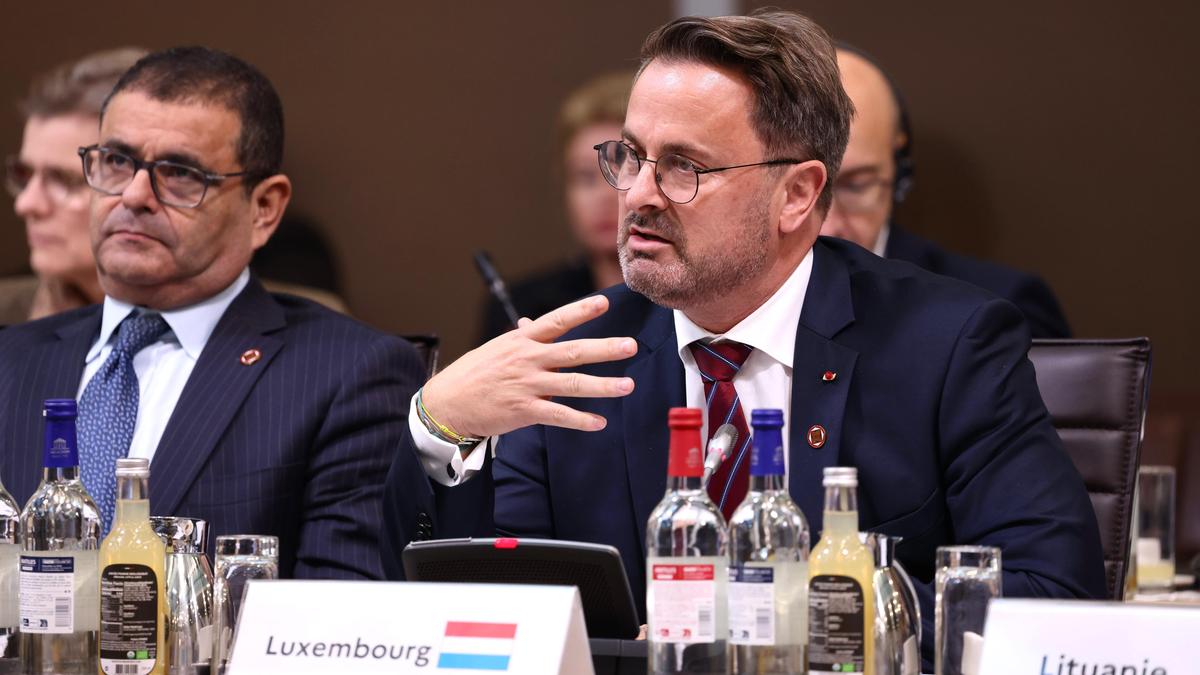Renewed transatlantic trade tensions are taking centre stage in Brussels, as EU trade ministers meet to discuss how to respond to US President Donald Trump’s plan to impose 30% tariffs on EU imports starting 1 August.
After weeks of negotiations between the European Commission and the USA, they had hoped to reach an agreement in principle to defuse the trade conflict. But that did not come to pass.
Luxembourg Foreign Minister Xavier Bettel, responsible for foreign trade, backed France’s call for stronger countermeasures. “We don’t export cars,” Bettel said, in a pointed reference to Germany’s vulnerability in the dispute. He warned that the EU risked being seen as weak if it didn’t consider all retaliatory options – including targeting US digital services.
Bettel underscored that while Luxembourg may not be the main target of goods tariffs, it would feel the impact if services were dragged into the dispute. “When it comes to goods, we’re not the ones who suffer the most. But if services are affected tomorrow, it will be more problematic for Luxembourg,” he said. “With Trump, it’s like this: If we don’t negotiate, we’ll be killed. And if we’re weak, we’ll be eaten.”
When it comes to goods, we are not the ones suffering the most. But if services are affected tomorrow, it will be more problematic for Luxembourg.
Xavier Bettel (DP)
Foreign minister
The US president announced the new tariffs over the weekend in a letter that also left the door open to a deal, if the EU agreed to open its markets and reduce trade barriers. Trump simultaneously threatened harsher measures should the EU retaliate.
European Commission President Ursula von der Leyen has so far resisted immediate counter-tariffs, hoping to salvage negotiations before Trump’s deadline. She said she would hold off on measures that had been considered in response to earlier tariffs imposed by Washington.
Germany is willing to compromise
While von der Leyen is pushing for unity, fault lines are emerging. France is demanding more assertiveness, with its trade minister Laurent Saint-Martin saying there should be “no taboos” and proposing that Europe consider targeting America’s digital exports.
Germany, by contrast, is eager to avoid escalation, fearing the impact of tariffs on its export-heavy economy. Chancellor Friedrich Merz said in an interview that the 30% tariff would force Germany to scale back much of its economic agenda.
The European Commission handles trade negotiations on behalf of all 27 EU member states. Monday’s meeting will test whether they remain united behind von der Leyen’s approach – or shift toward a harder line.
(This article was originally published in the Luxemburger Wort. Translated using AI, edited by Kabir Agarwal.)
